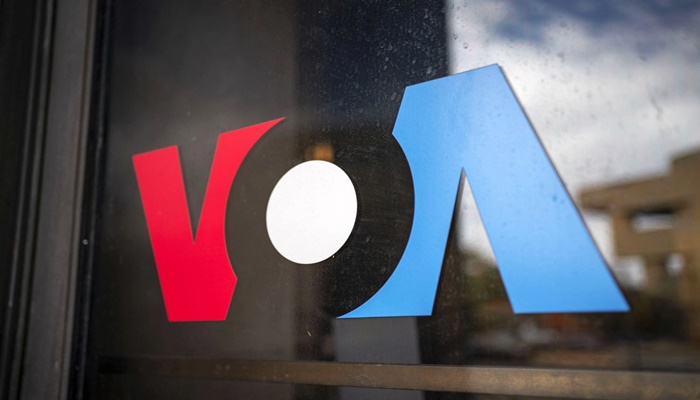More than half (56%) of UK recruiters report that they struggle to secure sufficient recruitment funding, according to data released by recruitment provider Totaljobs yesterday (30 October).
The recruiter’s research findings also highlighted that the average time to hire has risen to eight weeks from 4.8 weeks last year, while 30% of large firms and 25% of SMEs plan to boost hiring next year.
More than half (58%) of employers remain confident in securing the talent they need, and one in four (25%) businesses have increased their hiring of temporary workers and freelancers over the past six months.
Commenting on these research findings when speaking to HR magazine, Olive Turin, head of people and culture at talent discovery platform TestGorilla, said: “During financial uncertainty, the biggest risk isn’t the recruitment cost, it’s the massive, hidden cost of a bad hire.”
Turin explained that when budgets are cut, “HR teams can’t afford to cut corners on assessments”.
She advised that hiring teams “double down on objectivity” by using skills-based hiring and assessments as upfront filters to identify high-quality candidates more efficiently, cutting time-to-hire and reducing reliance on subjective screening.
Chris Williams, people and culture director at Mauve Group, an HR and employment solutions provider, told HR magazine: “When budgets are tight, it’s all about being clear and consistent. Well-written job descriptions, a straightforward hiring process, and good onboarding make a big difference in finding and keeping the right people.”
Williams advised HR teams to leverage data-driven insights to guide their decisions while using a strong employer brand to attract and retain top talent. “Employees and candidates alike are drawn to organisations that demonstrate purpose, flexibility and a positive culture,” he added.
“When external budgets tighten, internal mobility becomes the most critical lever for organisational resilience,” Turin said. Beyond cost savings, investing in existing staff helps retain vital knowledge, boost morale and build future skills, she added.
Williams suggested that internal mobility and upskilling “become powerful levers when budgets are squeezed”. He added that investing in employee learning bridges skills gaps and boosts retention and morale.
“Encouraging movement between departments, projects, or regions helps share knowledge and strengthen performance without the costs of bringing in new staff,” Williams said.
“Many organisations are adopting contingent, project-based, or freelance talent models to remain agile while controlling fixed costs,” Williams noted. HR professionals must ensure proper worker classification and contract management to avoid compliance risks, he advised.
The data published by Totaljobs was drawn from online surveys of 900 UK HR leaders and 2,000 job candidates. The polls were conducted between 3 and 5 September 2025.
Source – https://www.hrmagazine.co.uk/content/news/most-recruiters-face-funding-shortages




















